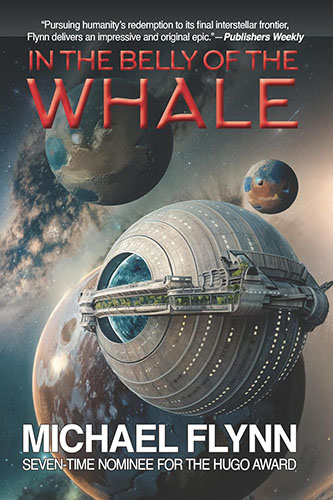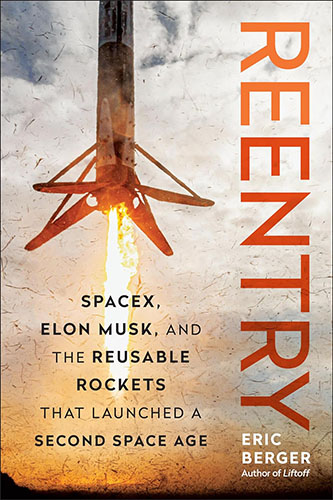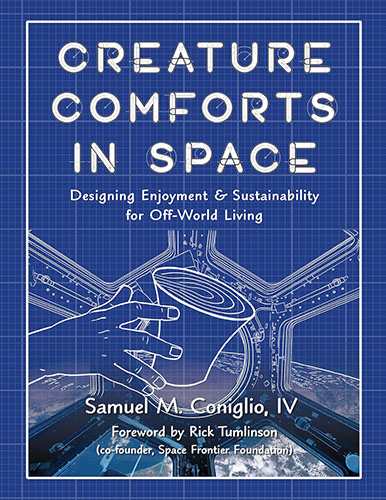Surrendering Outer Space-America yields the high ground – By Alan W. Dowd in Policy Review published by the Hoover Institution.
What if, in the midst of the epic contest to explore and colonize the New World, Britain — the greatest seafaring power of its day — had to mothball its naval fleet and rely on other countries to transport British men and material across the oceans?
This much we know: With British subjects, ideas, and goods tethered to a little island off the coast of Europe, Britain and the world would be very different today.
Something not too dissimilar is about to happen in the heavens, as the United States prepares to retire its fleet of space shuttles. For almost 30 years, the venerable, if imperfect, space plane has been America’s workhorse in space, carrying astronauts, scientific experiments, and satellites into orbit, painstakingly building the International Space Station, and just as important, reviving America’s self-confidence and reinforcing America’s image as a pioneering nation. But by 2010, with the fleet grounded due to budget, age, and safety concerns, America will have no way of delivering its own astronauts into space. The hiatus could last almost 5 years.
America and the world — and space — could be very different by then.



















